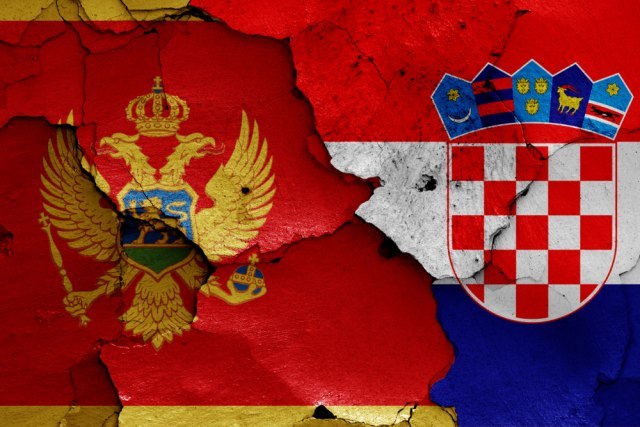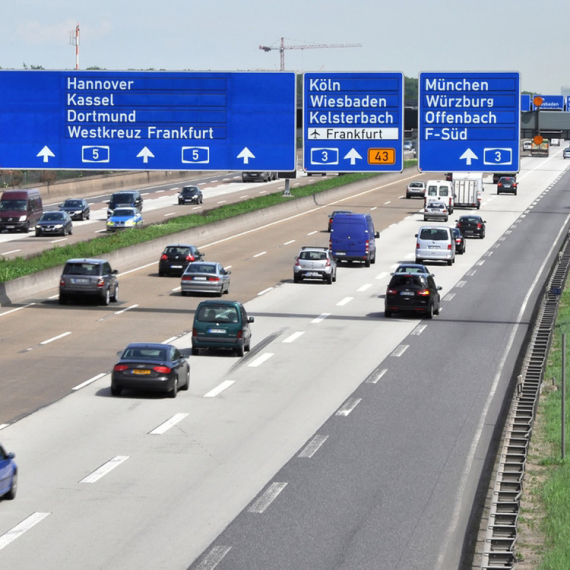Montenegro seeks demarcation?
Montenegrin Prime Minister Zdravko Krivokapic opened the issue of demarcation with Croatia.
Wednesday, 05.05.2021.
10:49

Montenegro seeks demarcation?
As he states, the problem is not only the line of demarcation at sea, but also the demarcation on land, according to which Prevlaka, in line with the protocol signed by the two countries in 2002, belongs to Croatia.For Croatia, the situation on the southern borders is clear: the Prevlaka peninsula is Croatian, and the line of demarcation at sea needs to be agreed, either bilaterally or at the International Court of Justice in The Hague.
The Croatian Ministry of Foreign and European Affairs says that there is a formally established interstate committee, each country has its own, but if they change something, it is their business. In any case, Croatia remains open to talks.
By the way, Croatian Foreign Minister Gordan Grlić Radman is visiting Montenegro at the end of the week, but so far there is no information that the border will be one of the topics, although the Montenegrin side has reopened it in the context of negotiations with the EU and the EU's position that "it no longer wants to import border issues."
Demarcation dates back to 2002
The genesis of the demarcation dates back to 2002, when, after the departure of UNMOP forces, observation missions on Prevlaka, the two countries signed an interim protocol on the border, which is still in force today. Krivokapić is dissatisfied with the protocol because the text says that the land border has been de facto resolved, while the sea border needs to be discussed and definitely determined. Montenegro, on the other hand, believes that both land and sea borders are the subject of dispute."That is the disagreement and the main reason why the previous attempts at definitive demarcation have failed," Krivokapic points out.
The border on land, according to the Croatian understanding, should no longer be disputable, although according to the protocol it was also determined as a temporary demarcation line. Namely, it follows the former republican border, and the Croatian position in all territorial disputes with the states of the former Yugoslavia is the same - the republican borders became state at the time of independence.
International law supports this position, as well as the conclusions of the Badinter Arbitration Commission, which in its opinion No. 3 confirmed that this principle applies in the event of the disintegration of Yugoslavia. Croatia further insists on the principle of cadaster, i.e. that the cadastral borders of the former republics have become state borders.
Namely, many will be surprised that in the former state, the republican borders were not determined on the ground, but the state legislation in that sense referred to the republican ones. And in the FR of Croatia, as well as the FR of Serbia, but also the FR of Bosnia and Herzegovina and the FR of Montenegro, the internal legislation said "that the republic consists of the territories of municipalities, which in turn form the territory of cadastral municipalities".
Such clearly stated principles of cadastral borders as republic, and later also state borders, could not be circumvented even by corrupt arbitration with Slovenia, writes "Večerji list".
"The two countries should focus on the sea border and agree on a solution for the sea border", it has been pointed out in Croatia.



























































Komentari 0